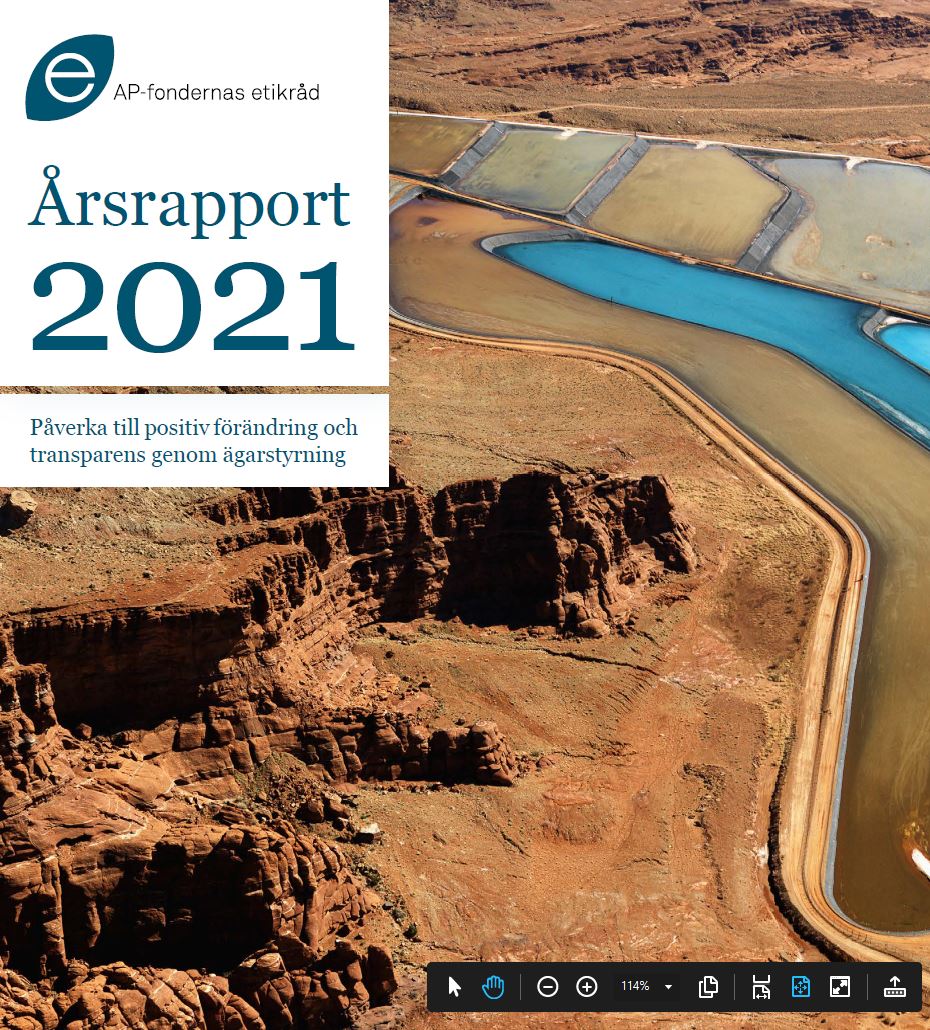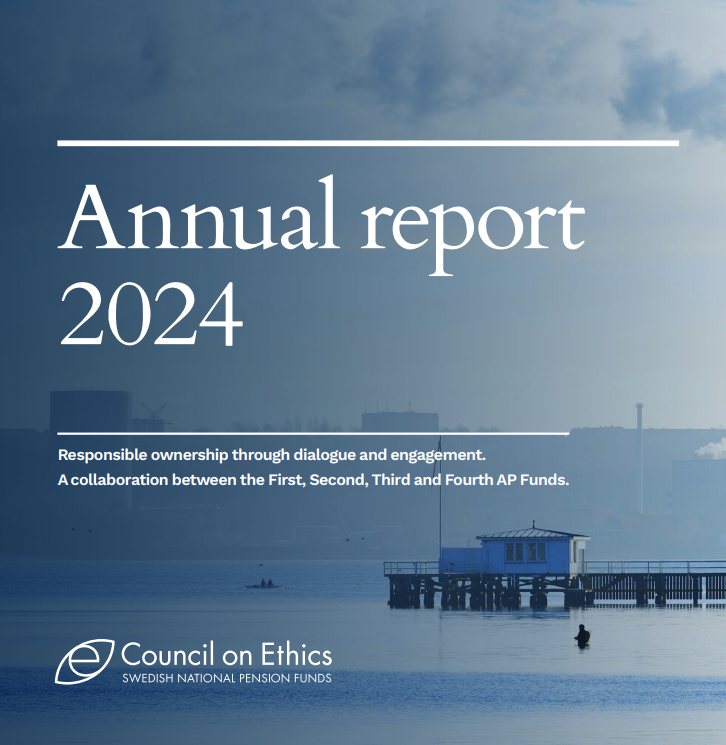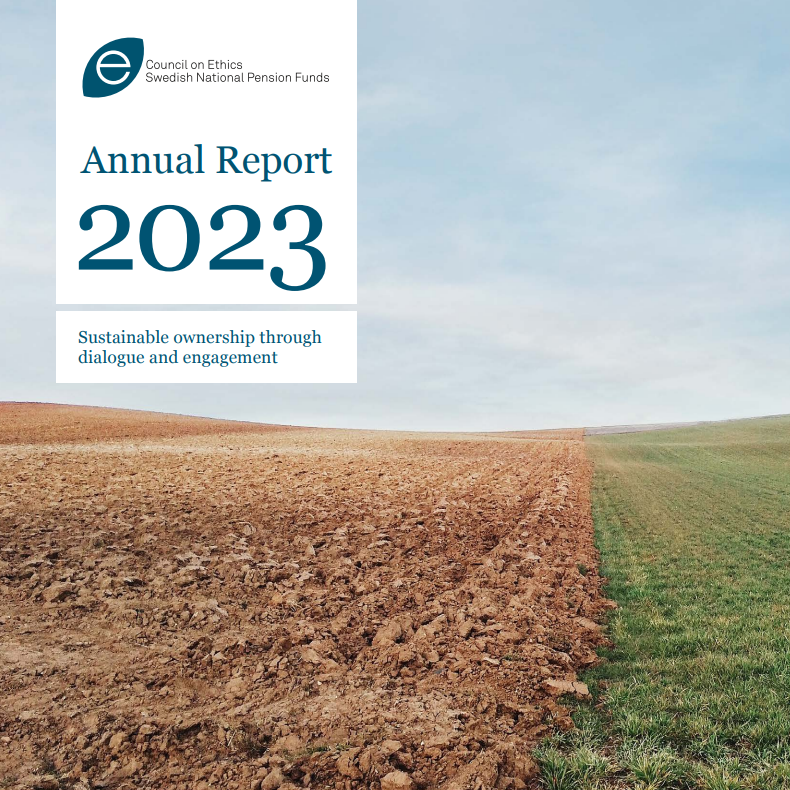Further increase in transparency in the Council’s dialogues
The AP Funds’ Council on Ethics sums up a very active 2021and further increases transparency. The annual report presents a more transparent account of the impact dialogues and the milestones achieved. Eight proactive projects have been conducted to improve sustainability in difficult and vulnerable sectors and 85 reactive company dialogues have been conducted to enable companies to address serious incidents and prevent future incidents.
The Council on Ethics’ 2021 Annual Report describes the joint advocacy work of the AP Funds regarding foreign companies. Collaboration between the AP Funds creates greater weight in the dialogue with the companies and contributes to better investments and sustainable returns in the AP Funds’ portfolios.
Peter Lundkvist, Chairman of the AP Funds’ Council on Ethics in 2021, says:
“It’s important for the Council to be able to present even more transparent reporting on our dialogue work with companies and sectors. The Council’s work is long-term and the impact of advocacy can be difficult to quantify. However, thanks to intensive internal work, we’ve further developed our reporting on the work the Council is doing to improve sustainability work in companies.”
Eight proactive projects in different areas are being run, including one on mining companies, where the Council has, over the course of three years, had a leading role in creating a global and open database. A first global standard has been established for mining tailing dams, and an institute was established in 2021 to ensure that companies adhere to the standard. The work with tech giants on human rights also made progress during the year, with new milestones achieved. In addition, important advocacy projects are under way, including work on anti-corruption and climate change, with a focus on the transition in emissions-intensive sectors.
The Council’s reactive work aims to influence companies to manage and address accidents and incidents if they occur. Around 3 200 holdings in the AP funds’ portfolios have been reviewed. At year-end 2021, the Council had dialogues with 85 companies identified through the screening process as having “confirmed violations” of an international convention or where a “risk of violation” was identified. Of these dialogues, more than half were about suspected human rights violations (60%), a third related to business ethics (27%) and the rest concerned environmental issues (13%).
By influencing companies to take a more systematic approach to sustainability through policies, implementation, and transparency, the Council can help prevent incidents from occurring. 3 056 companies passed the screening process without comment.
In 2021, work was initiated to develop and further strengthen the activities of the Council. A report on this process will be presented in 2022.
The English version of the report will be published beginning of May.
The report in Swedish can be downloaded here in the meantime.
For further information, please contact:
Peter Lundkvist, Chairman of the AP Funds’ Council on Ethics in 2021
Telephone: (+46)-709 517 244, info@councilonethics.org or peter.lundkvist@ap3.se
The Council on Ethics works on the basis of the AP Funds (Swedish National Pension Funds) mission to create a high return at low risk to current and future pensioners and on the common value base of proactively striving for sustainable development, acting and setting requirements for transparency and positive change. The Council on Ethics works proactively and reactively with global companies in the portfolios of the AP Funds. The assumption is that well-managed and responsible companies deliver a higher return with lower risk over time. The aim of the Council on Ethics’ work is for companies and industries to work with sustainability systematically and in a structured, transparent manner.




